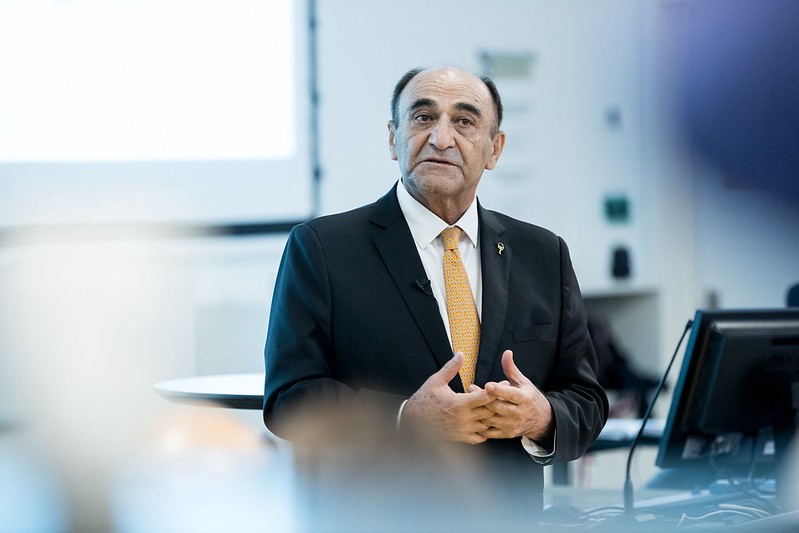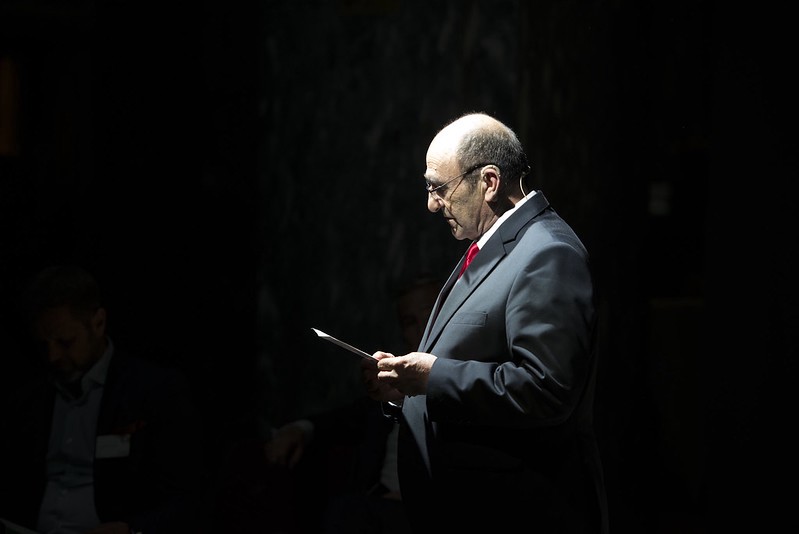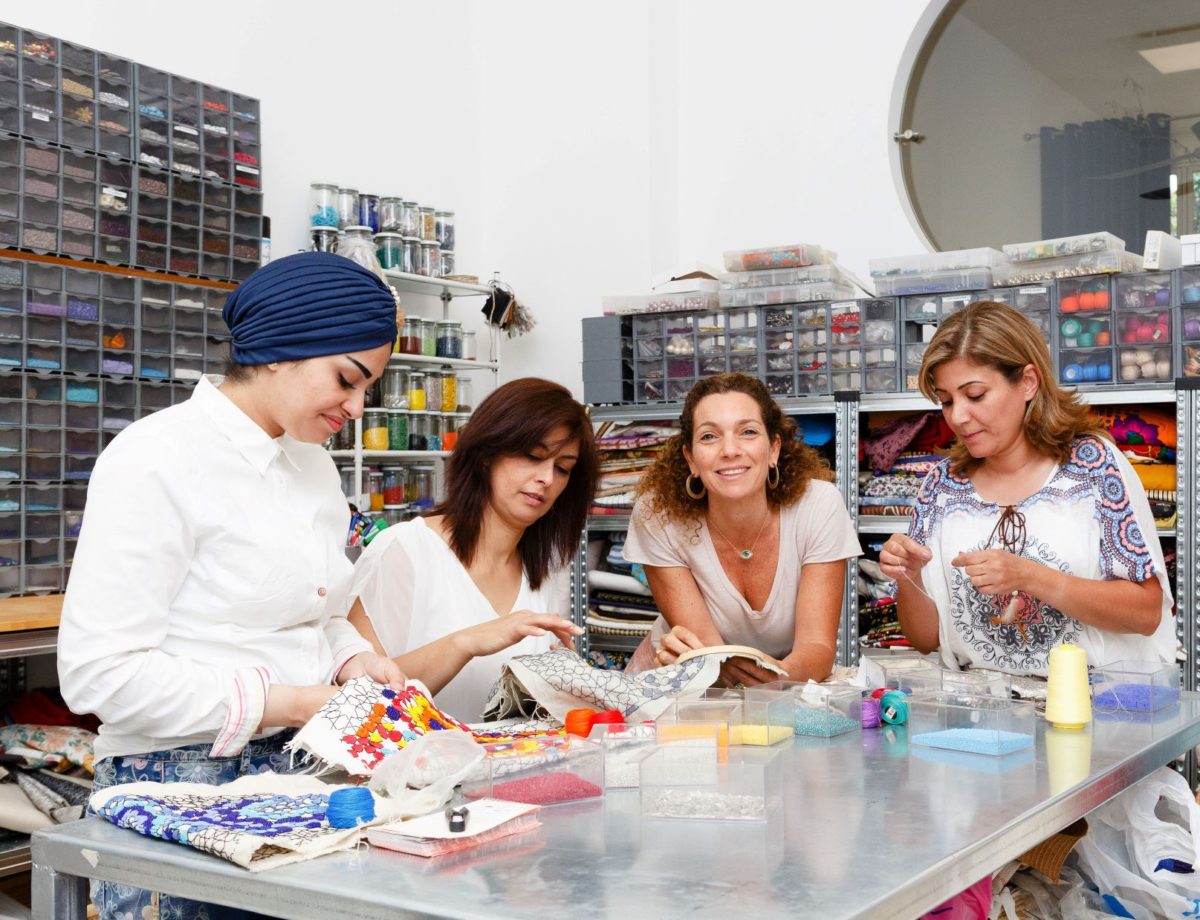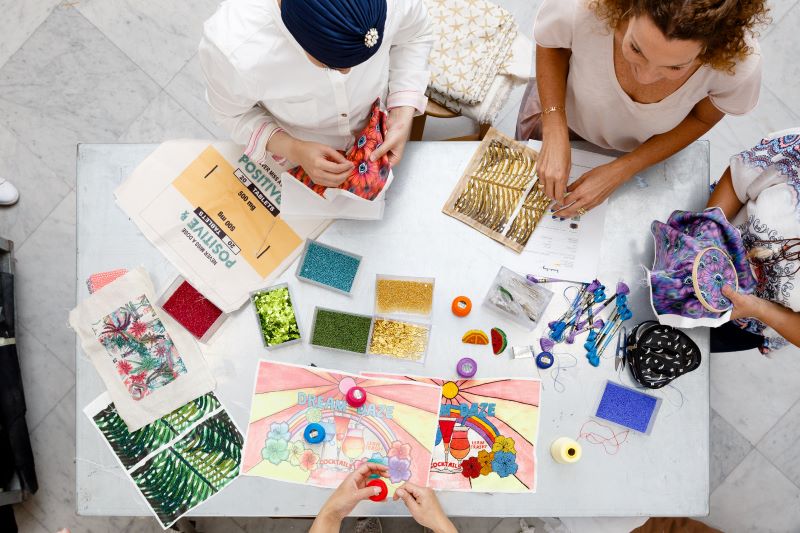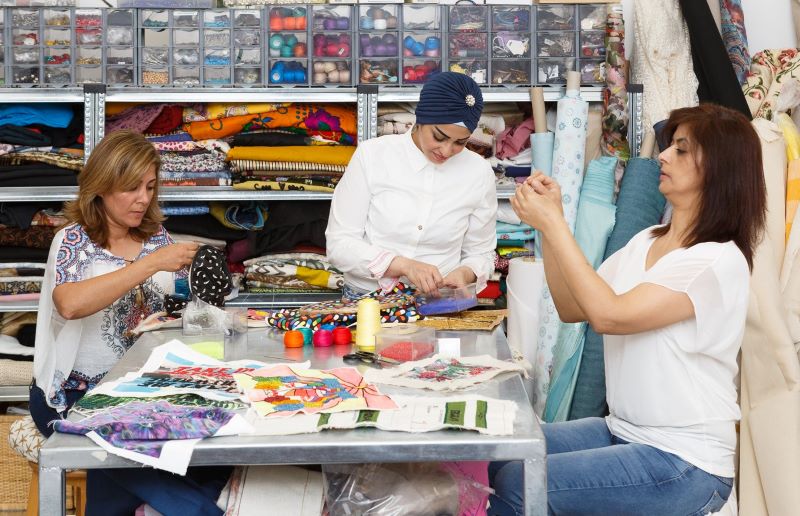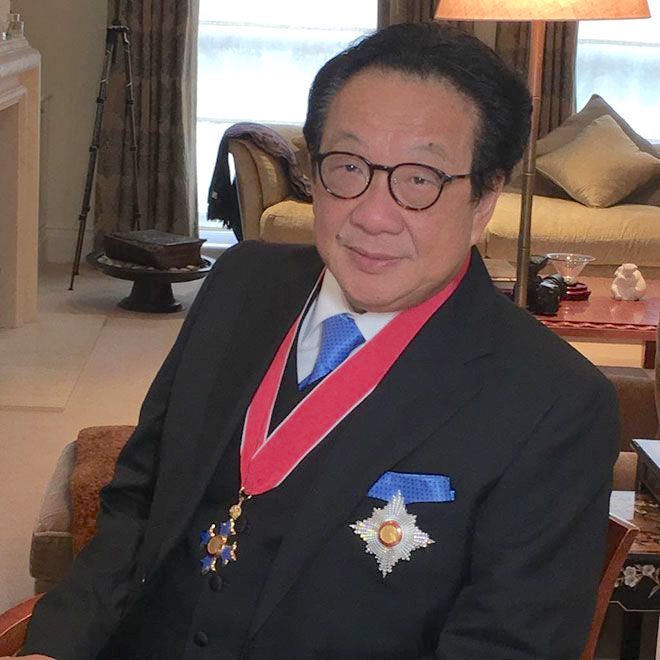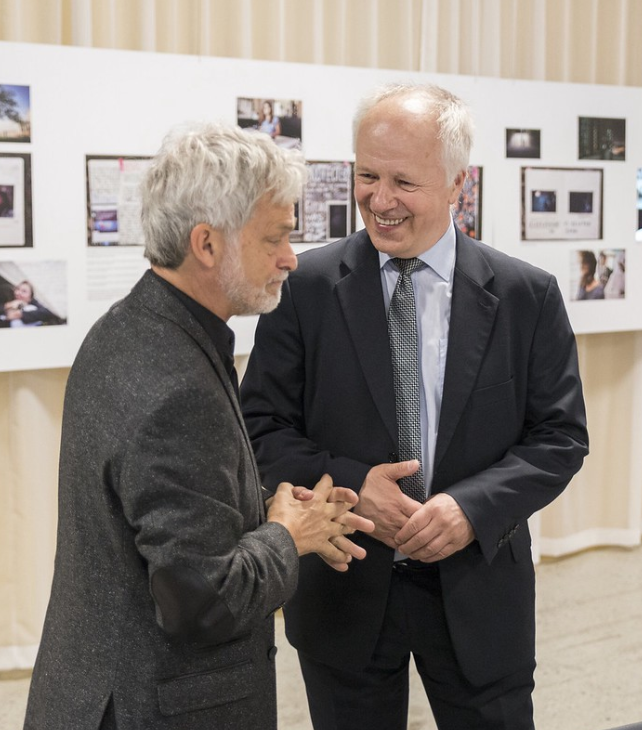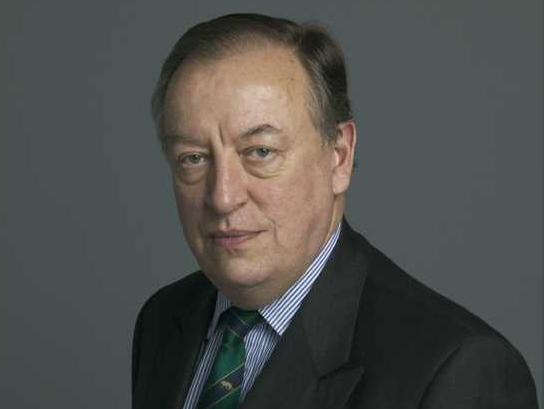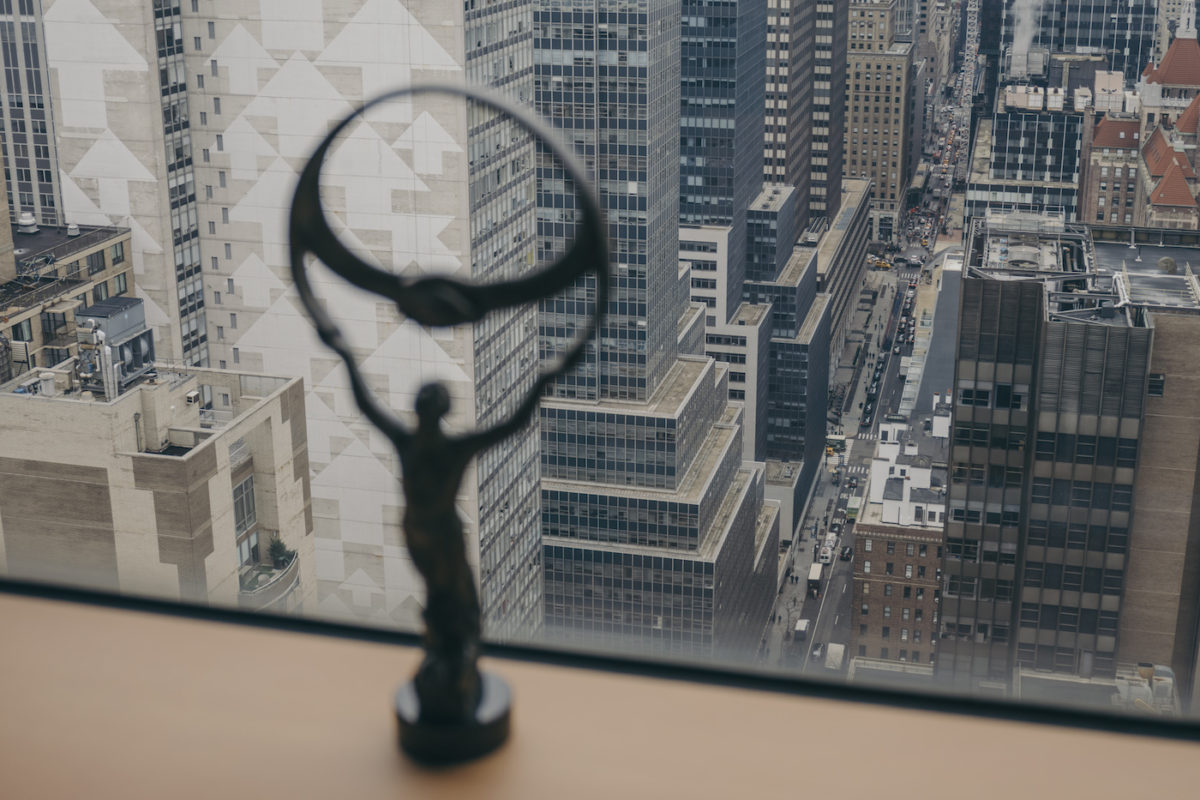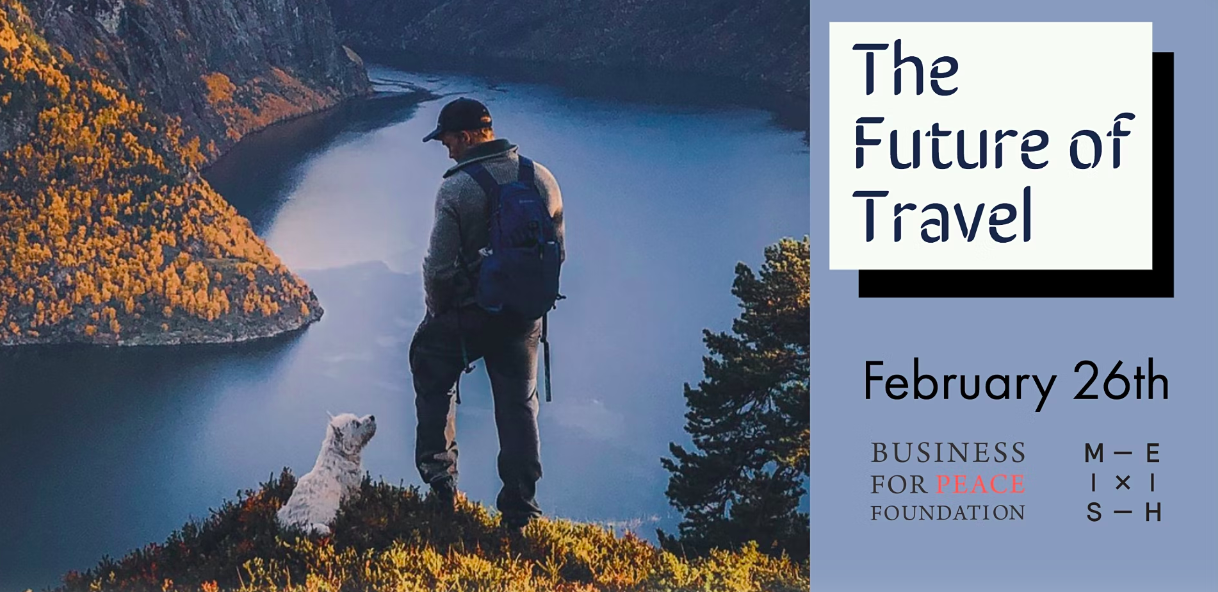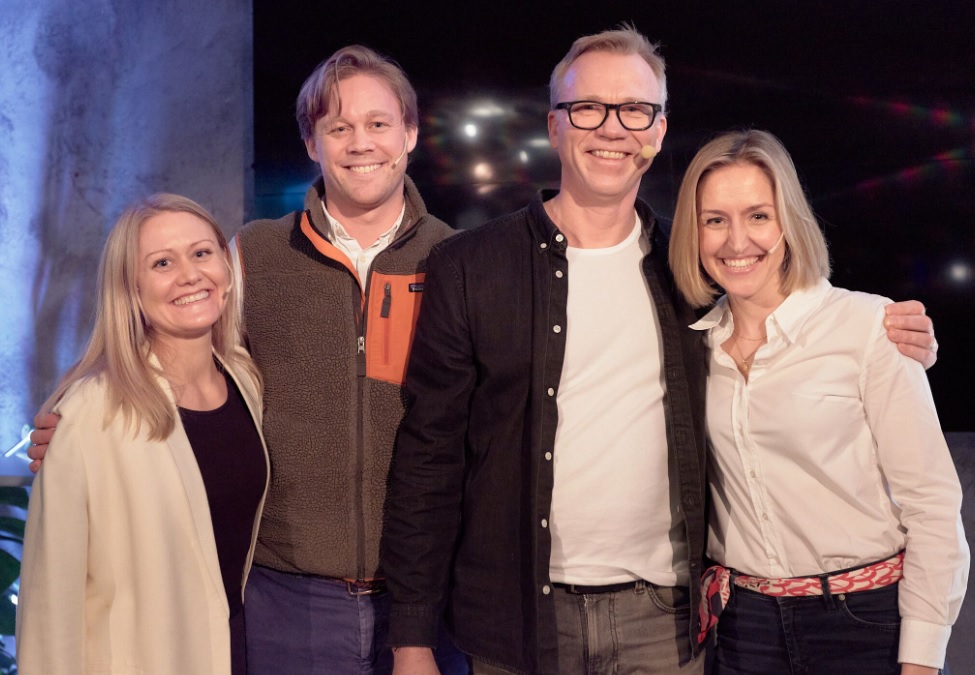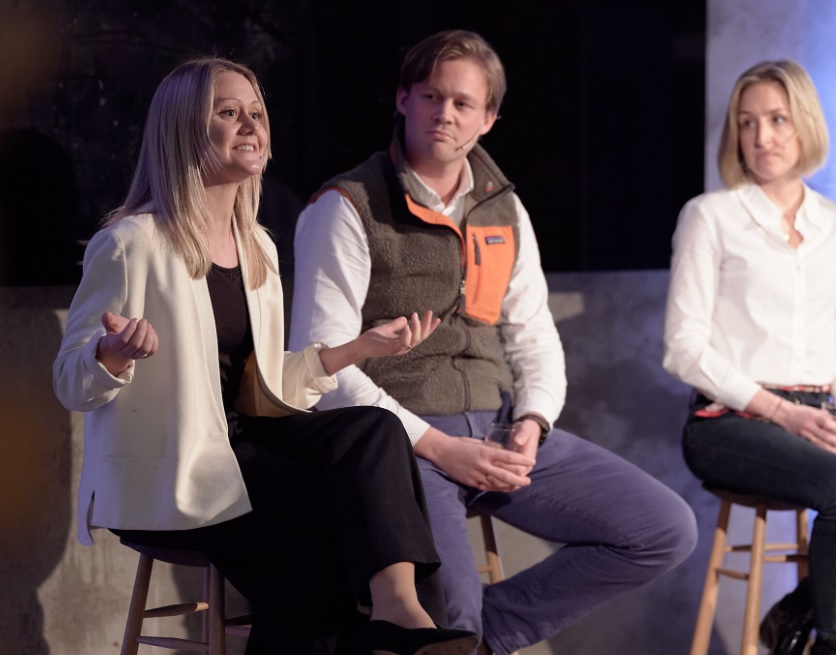Tackling COVID-19 in a war zone: An Interview with Dr. Nadia Al-Sakkaf
- Monday, 18 May 2020 12:43
This interview is a part of a series highlighting #businessworthy efforts in response to covid-19 and has been edited for length and format. Watch the full interview here: https://www.facebook.com/businessworthy/videos/2825640327548691/
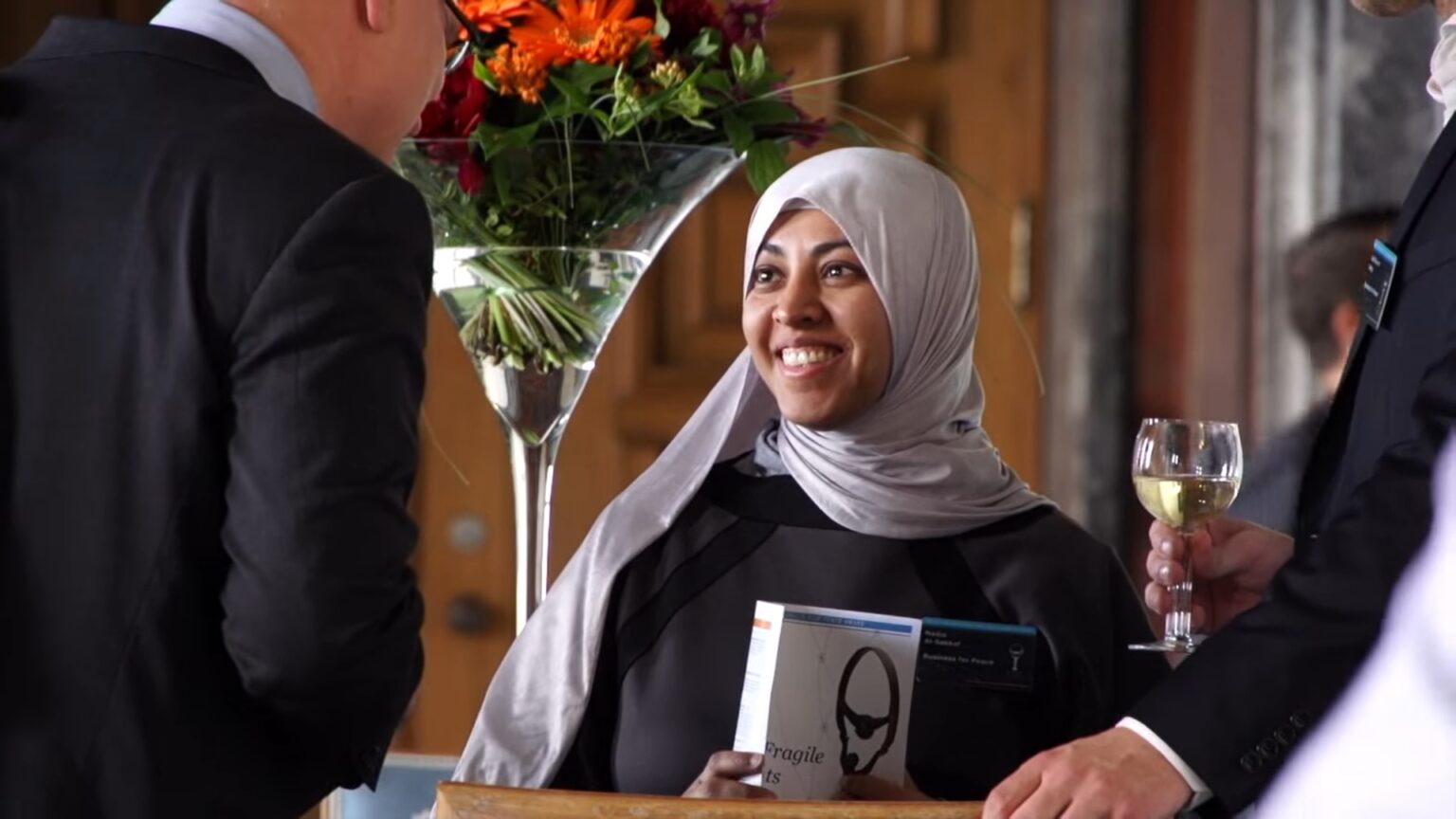
What does Covid-19 look like in a country with no stable government? Until April, Covid-19 was something Yemenis citizens only read about in the news. Other major challenges were already part of their daily life. War and hunger have been their reality since September 2014.
The Former Minister of Information and former Chief Editor of Yemen Times, Dr. Nadia al-Sakkaf has hope for the private sector to rebuild the country and bring a future to the many young Yemenis entrepreneurs. The 2013 Business for Peace Honouree gave us insight as to the current situation, the growth of the business sector, and what anyone — everyone — can do in order to positively change the future of Yemen.

What is the COVID-19 situation in Yemen?
We knew inevitably that the virus would come, but there is no state authority, so who is going to prepare us? It is left to civil society and the private sector. More than 24 million people — 80% of the population — is in need of humanitarian assistance. There is a lack of infrastructure, sanitation, and access to clean water, making the population vulnerable. There are other diseases which are being spread as well. Until April, Covid-19 was unreal. What was real to them was war and hunger.
We started to teach about social distancing and hand washing. Some of the reactions we received were so sad. “You’re telling me to wash my hands with soap and water. I don’t have access to soap or clean water.” For many young men on the frontline, they would rather die from a bullet than to the suffocation felt from Covid-19. The reality is that the choice is still death. There is a disconnect and a denial of the extent of this.
Can you tell us about the projects you’re working on in response to the pandemic?
I’m a part of several small projects. One is the Women’s Solidarity Network, which partners with Food for Humanity. This organisation is on the ground helping communities get access to clean water.
Then there is also the global advocacy element. We’re trying to amplify women Yemenis voices through op-eds in mainstream media to try and bring a different perspective. I am disappointed in mainstream media. International newspapers are not accepting these pieces because they don’t write about war or famine.
At Business for Peace, we focus on the role of businesses in building up societies. What role do you see for the private sector in helping Yemen through this crisis?
Yemeni business people are the ones providing protective and testing equipment. Their sense of social responsibility is big. Tech-based entrepreneurs held a hackathon in April. There were three ideas that passed onto the next stage: a medical consultation app, low-cost, fast-paced mask production, and recycling plastic for PPE with 3D printing. These great ideas need more support; there’s so much potential.
Yemen is a large country, but it is very fragmented. The de facto authority is the private sector. They’re the ones that will bring the country back, and it is important to acknowledge them as an important stakeholder. They are being ignored but ignoring the private sector in national policy does not make sense. They are involved in the local levels, involved in sanitation, clean water, and renewable energy. The private sector is holding the community together and giving people hope.
The economy will motivate people. Yemenis are getting paid to be involved in the frontline. If they have a proper job, if they have a system around them that is somewhat prosperous, they will think twice before they join any armed conflict. The solution is economic, not political.
Much of your career has been about women’s empowerment. What sort of unique role do women play in navigating this crisis?
Globally, women make up 75% of healthcare workers. Equal pay, promotions, and even just recognition would help. Women are working hard on the frontlines and have been able to mediate more than the official means. Yemeni women deserve recognition for what they do. They are powerful. They are superheroes, despite disadvantages and lack of resources and even the cultural discrimination against them. It’s not right.
Women-led organisations are doing much better than male-led organisations. They are more effective and cut through the nonsense and get things done. They are the ones who are the peace builders.
I cannot express enough how important it is to consider women as a main stakeholder when it comes to discussions. For sustainable and fair peace, women need to be at the table and involved in partnerships.
Finally, many people are talking about the chance to build a new normal. What would you prioritise?
Talk to the real actors on the ground and recognise them, in Yemen and countries in similar conditions. Facilitate the engagement of Yemeni entrepreneurs. We need to think about the economy post-Covid. It doesn’t have to be expensive. You could easily start a project for $1000 and help a community of 200. Just the planting of the seed will quickly spread to others. They will be jealous and will want to replicate the success. We need to motivate and network the right people.
Want to help?
Support the initiatives! A like, retweet, comment, or signing a pledge helps gain global attention. You can support organisations like Food for Humanity or sign the petition for a ceasefire. The Hackathon ideas need expertise, funding, and expanded networks.
Free speech allows room for discussion and perspective. Make sure women’s voices are heard globally in the Yemeni peace process.
Support from abroad “brings life back to us,” as Nadia said.





